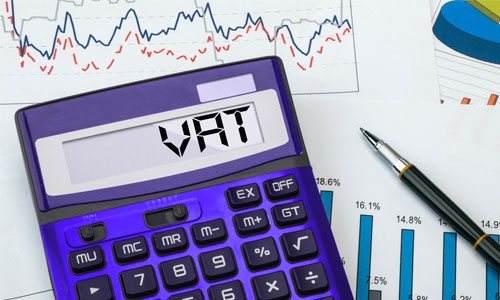Companies not yet prepared for VAT, rollout, says survey
Manama : Companies in the Gulf Cooperation Council (GCC) are still not prepared for the implementation of Value Added Tax (VAT), according to a survey conducted by the Association of Chartered Certified Accountants (ACCA) and Thomson Reuters.
The report, ‘Are GCC businesses equipped for VAT?’, examined the readiness of GCC companies to adapt to VAT. The results showed that there was a “significant lack of preparation and awareness”, ACCA stated. VAT will be implemented in Bahrain, Saudi Arabia, UAE and Qatar in early 2018
The results were underwhelming as only 11 per cent of respondents have understood the impact that VAT implementation could have on their company.
Forty nine per cent of the respondents said that they have not begun their impact assessment.
Thirty-eight per cent said they “lack in-house resources”, while 44 per cent said that they have limited resources. When asked if they have made any provisions for VAT in 2017, 88 per cent said ‘no’. Only 29 per cent of the companies surveyed said that they have IT systems in place while 18 per cent said they were “partially ready”.
Head of taxation at ACCA, Chas Roy-Chowdhury said: “The lack of preparation is a concern; companies should be using the pre-implementation period wisely to understand compliance, legal obligations and the financial risk associated with VAT,” he said. “While the overwhelming majority realise it will affect their business, only a minority have a clear plan of how to effectively manage such a significant fiscal reform,” he said.
Pierre Arman, Market development lead for tax and accounting at Thomson Reuters, said: “Not being sufficiently prepared to manage VAT by 2018 could see organisations exposing themselves to the risk of compliance failures, as any tax legislation always carries penalties and other enforcement measures,” he said.
“The introduction of VAT is positive change for this region as it will create a new source of stable revenue for governments while having the least negative impact on regional economies,” he added.
Related Posts

